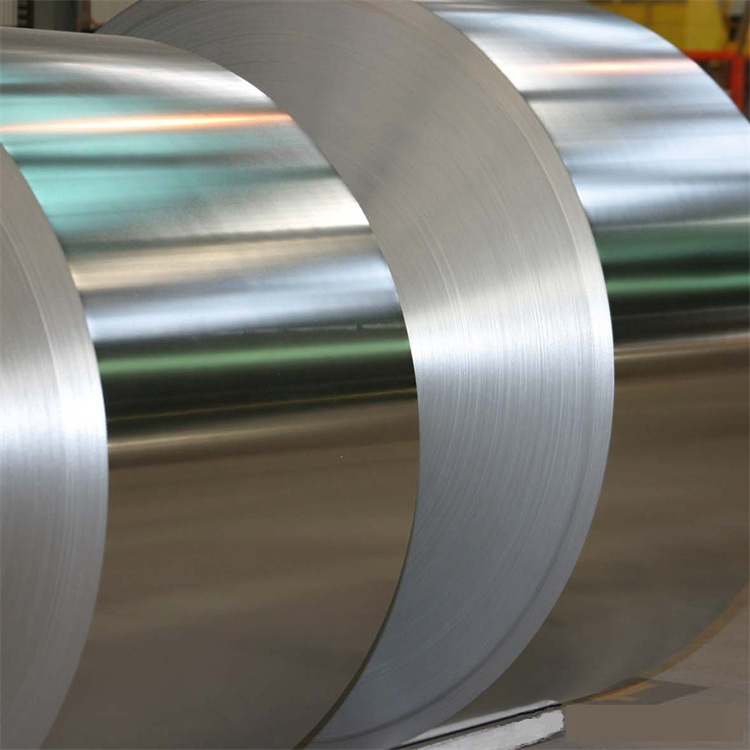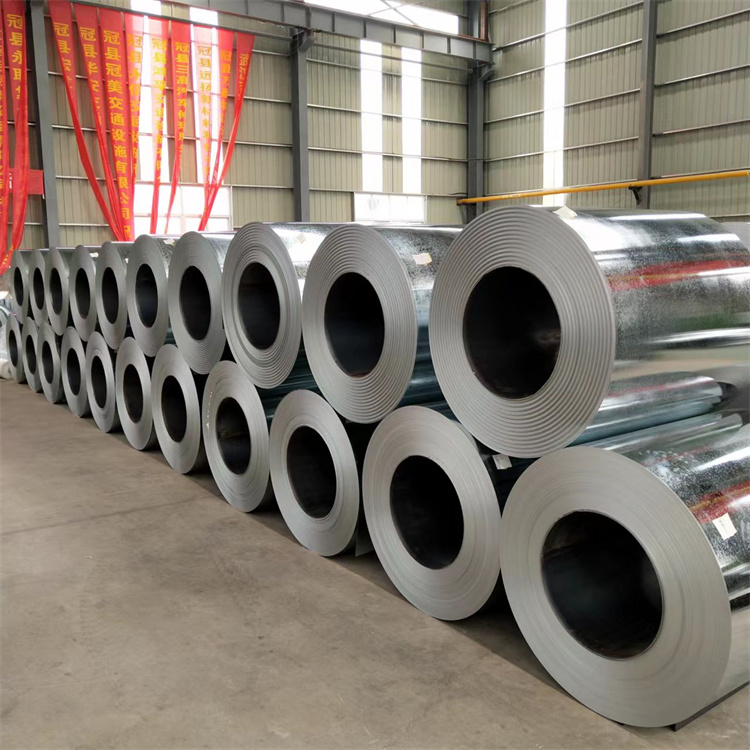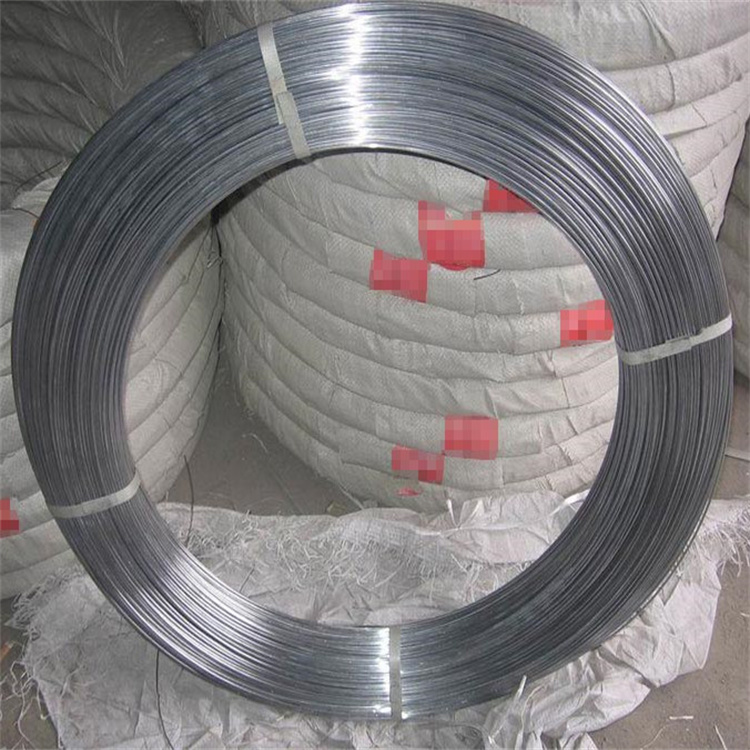Aluminum Coil Processing: Techniques, Applications, and Market Insights
Aluminum coil processing is a cornerstone of modern manufacturing, transforming raw aluminum into versatile coils used across industries. From automotive body panels to construction cladding, the versatility of aluminum lies in its lightweight nature, corrosion resistance, and recyclability. In this article, we’ll explore aluminum coil processing techniques, its wide-ranging applications, challenges, market insights, and future trends.
Understanding Aluminum Coil Processing
Aluminum coil processing involves multiple steps to create high-quality products tailored to industrial needs. These steps include casting, rolling, annealing, slitting, and coating. Each stage plays a vital role in enhancing the physical and chemical properties of the aluminum coil.
Key Processing Stages
Casting: Produces the initial aluminum sheet for further processing.
Rolling: Reduces thickness and improves surface quality.
Annealing: Enhances ductility and removes residual stress.
Slitting: Cuts coils into desired widths for specific applications.
Coating: Adds protective or decorative layers for durability.
Aluminum Coil Processing Techniques
| Technique | Description |
|---|---|
| Rolling | Reduces thickness and ensures uniformity. |
| Annealing | Softens material for easier shaping and better flexibility. |
| Slitting | Prepares coils in custom widths for end-user applications. |
| Coating | Protects against corrosion and enhances aesthetic appeal. |
Applications of Aluminum Coil Processing
The versatility of processed aluminum coils allows them to be used in diverse industries:
Automotive Industry
Aluminum coils are integral in producing lightweight vehicle components like body panels and heat exchangers, improving fuel efficiency and reducing emissions.
Construction Industry
In construction, aluminum coils are used for roofing, cladding, and insulation due to their durability and resistance to environmental wear.
Packaging Industry
Processed aluminum is widely used in beverage cans, food packaging, and foil due to its excellent barrier properties.
Aluminum Coil Applications by Industry
| Industry | Share (%) | Examples of Usage |
|---|---|---|
| Automotive | 30% | Panels, heat exchangers, frames. |
| Construction | 35% | Roofing, facades, insulation. |
| Packaging | 25% | Cans, foil, flexible wraps. |
| Electronics | 10% | Heat sinks, conductive components. |
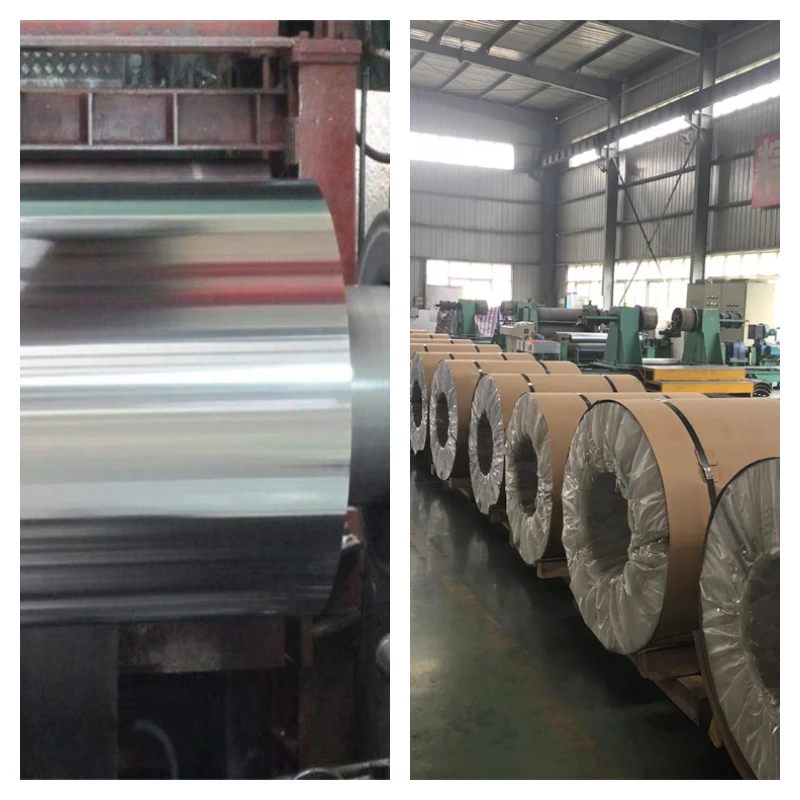
Global Market Insights
The global aluminum coil market is growing rapidly, driven by the demand for lightweight materials and sustainable solutions. The market is expected to reach USD 84.5 billion by 2028, with a compound annual growth rate (CAGR) of 5.2%.
Global Aluminum Coil Market Growth (2023-2028)
| Year | Market Value (USD Billion) | CAGR (%) | Key Drivers |
|---|---|---|---|
| 2023 | 62.3 | 4.5% | Demand in EVs and green construction. |
| 2025 | 73.2 | 4.8% | Lightweight materials in transportation. |
| 2028 | 84.5 | 5.2% | Sustainable and recyclable aluminum products. |
Techniques and Innovations in Processing
Aluminum coil processing has evolved with advancements in technology to improve efficiency and environmental impact.
Automation and AI
AI systems are used to optimize rolling and annealing processes, reducing waste and energy consumption.
Sustainable Practices
Water-based coatings and closed-loop recycling systems are gaining popularity, aligning with global sustainability goals.
Precision Cutting
Laser-guided slitting improves accuracy, ensuring minimal material waste and uniform coil dimensions.
Challenges in Aluminum Coil Processing
Despite advancements, the industry faces challenges such as:
Energy Consumption: High energy demands during rolling and annealing processes.
Material Wastage: Inefficient cutting and slitting can lead to significant material loss.
Environmental Impact: Emissions from traditional processing methods.
Solutions
Transitioning to renewable energy sources for production.
Implementing AI-driven quality control to minimize defects.
Future Trends
The future of aluminum coil processing lies in sustainability and digital transformation:
Green Manufacturing
Companies are focusing on reducing carbon footprints by using recycled aluminum and eco-friendly coatings.
IoT and Smart Factories
Smart sensors and IoT devices enable real-time monitoring and predictive maintenance, reducing downtime and improving efficiency.
Advanced Alloys
The development of high-strength alloys tailored for aerospace and automotive applications.
Conclusion
Aluminum coil processing plays a critical role in manufacturing industries worldwide. Its versatility, combined with advances in technology, ensures its continued relevance. With a focus on sustainability and innovation, the future of aluminum coil processing looks promising, offering endless possibilities for industrial growth.
Partner with China Xino Group
As a leading multinational enterprise, China Xino Group specializes in steel products and comprehensive services for the steel industry. Through our branch, Qingdao Xino Steel & Iron Co., Ltd., we manufacture high-quality coated steel products such as galvanized steel (GI), galvalume steel (GL), PPGI, PPGL, and tinplate/TFS, with an annual output of 1.5 million tons.
Our professional team not only ensures superior quality and competitive pricing but also provides tailored procurement solutions to meet diverse industrial needs. Choose China Xino Group for the best in steel product services and unparalleled value creation. Contact us now!
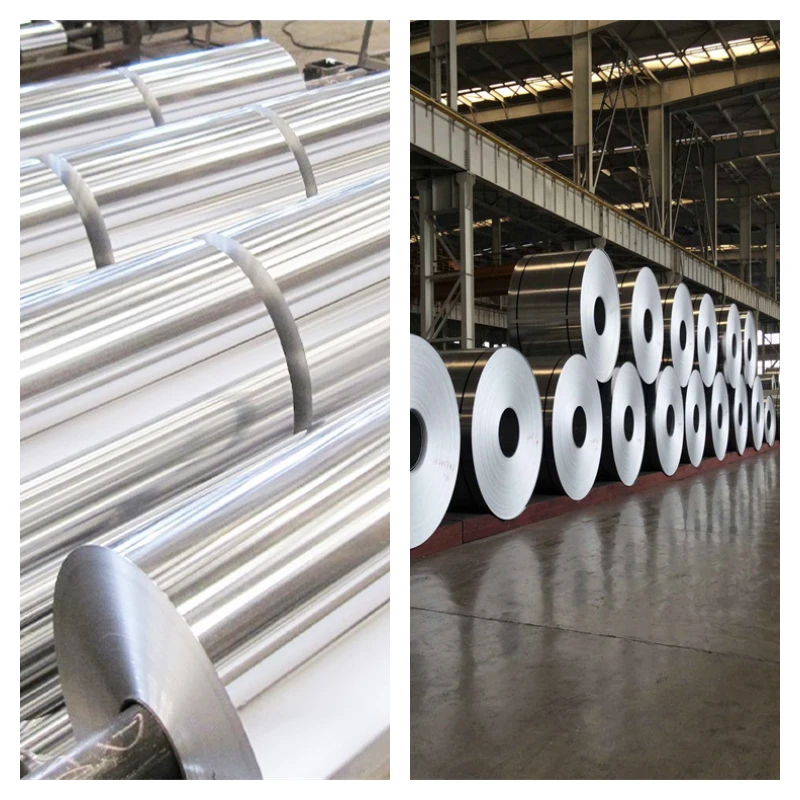
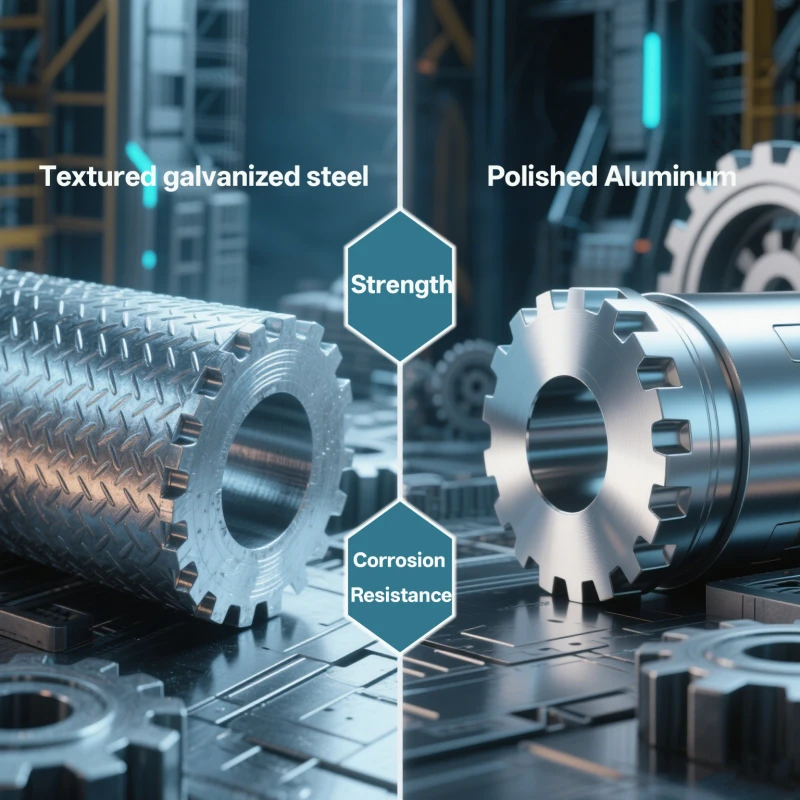


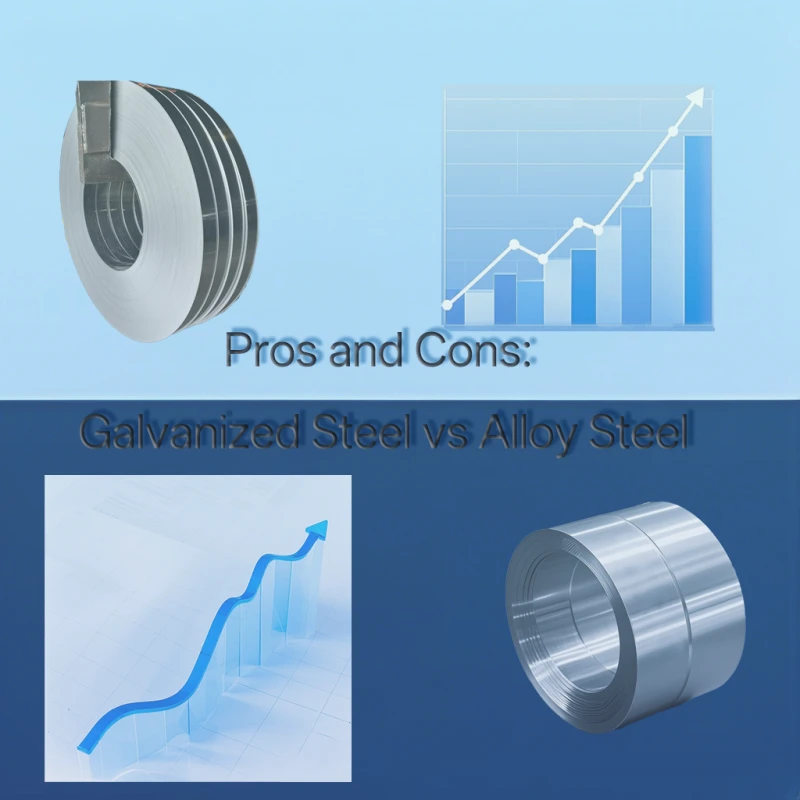
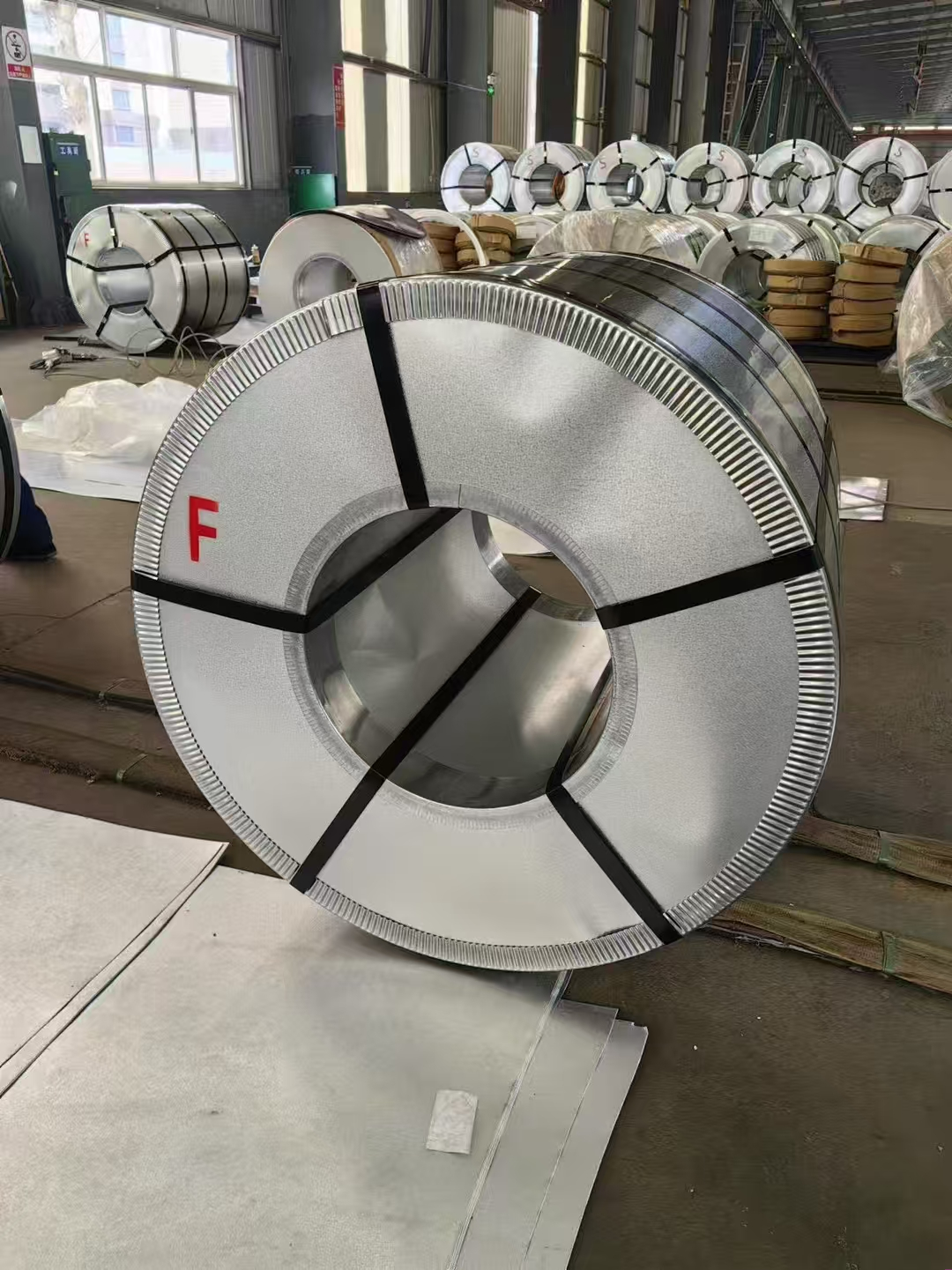
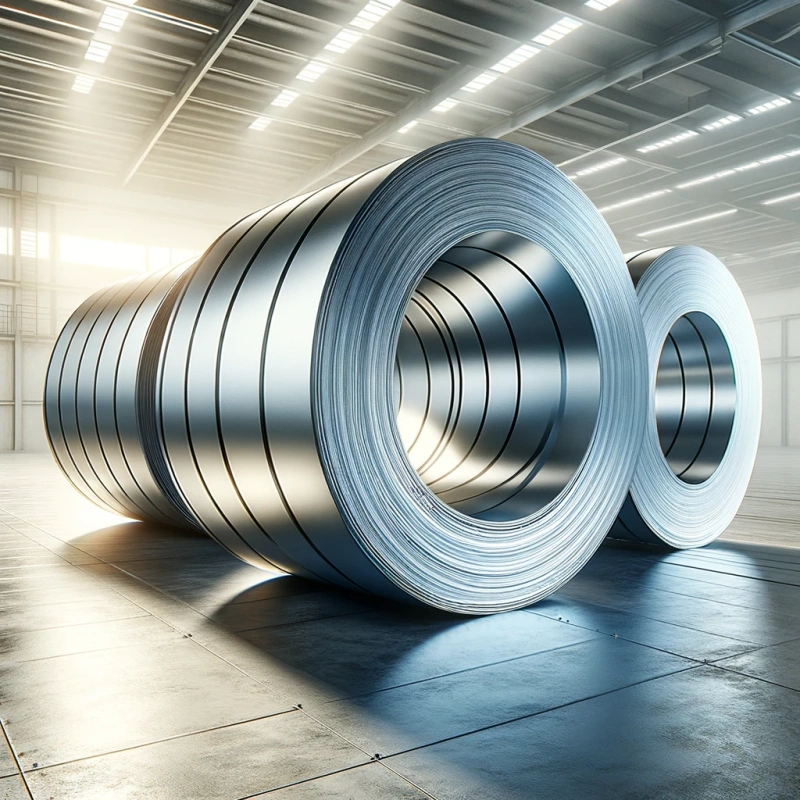
745.webp)

